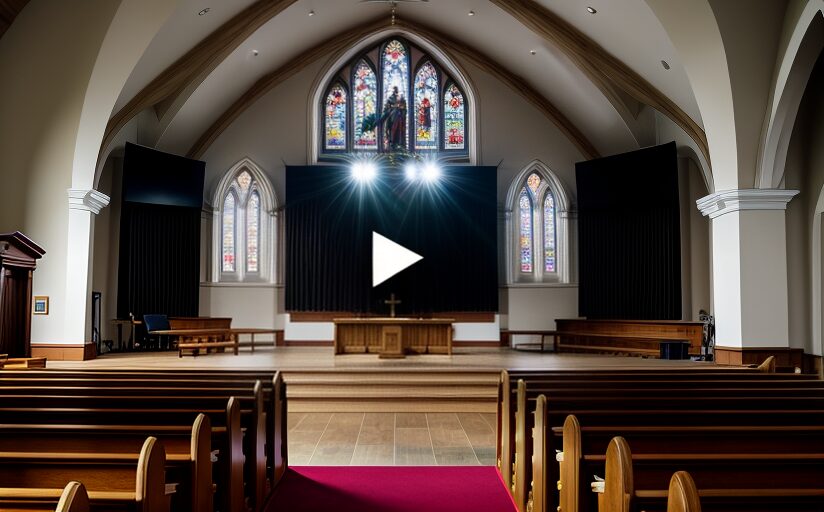The Nature of the Church – A New Testament Church is a local congregation (Acts 16:5; 1 Cor. 4:17) of baptized believers in Jesus Christ (Acts 2:41) who are united by covenant in belief of what God has revealed and in obedience to what He has commanded (Acts 2:41-42).
The Autonomy of the Church – She acknowledges Jesus as her only Head (Eph. 5:23; Col. 1:18) and the Holy Bible as her only rule of faith and practice (Isa. 8:20; 2 Tim. 3:16-17), governing herself by democratic principles (Acts 6:1-6; 1 Cor. 5:1-5) under the oversight of her pastors (Acts 20:28; Heb. 13:7, 17, 24).
The Perpetuity of the Church – Instituted by Jesus during His personal ministry on earth (Matt. 16:18; Mark 3:13-19; John 1:35-51), true churches have continued to the present and will continue until Jesus returns (Matt. 16:18; 28:20).
The Ordinances of the Church – Her two ordinances are baptism and the Lord’s Supper. Baptism is the immersion in water of a believer as a confession of his faith in Jesus Christ (Matt. 28:19; Rom. 6:4) and is prerequisite to church membership and participation in the Lord’s Supper (Acts 2:41-42). The Lord’s Supper is the sacred sharing of the bread of communion and the cup of blessing by the assembled church (Acts 20:7) as a memorial to the crucified body and shed blood of Jesus Christ (Luke 22:19-20; 1 Cor. 11:23-26). Both ordinances must be administered by the authority of a New Testament church (Matt. 28:18-20; 1 Cor. 11:23-26).
The Officers of the Church – Pastors and deacons are the permanent officers divinely ordained in a New Testament church (Phil. 1:1). Each church may select men of her choice to fill those offices under the leading of the Holy Spirit (Acts 6:1-6; 20:17-18) according to the divinely given qualifications (1 Tim. 3:1-13).
- Pastors (elders, bishops) are authorized to oversee and teach the churches under the Lordship of Jesus Christ (Acts 20:28; Heb. 13:7, 17, 24; 1 Pet. 5:1-4). Each church is responsible to follow them as they follow Christ (1 Cor. 11:1; 1 Thess. 1:6; Heb. 13:17) and to provide a livelihood for them that they might fulfill their ministries (1 Tim. 5:17-18; Phil. 4:15-18). Pastors are equal in the service of God (Matt. 23:8-12).
- Deacons (ministers, servants) are servants of the churches and assistants to the pastors, particularly in benevolent ministries. Each church may select her own deacons according to her needs, and no church is bound by the act of another church in that selection (Acts 6:1-6).
The Ministry of the Church – Her mission is evangelizing sinners by preaching the gospel (Matt. 28:19; Luke 24:45-47), baptizing those who believe (Acts 2:41; 8:12; 35-38), and maturing them by instruction (Matt. 28:20; Acts 2:42) and discipline (Matt. 18:17-18; 1 Cor. 5:1-5).
The Fellowship of the Church – She is free to associate with true churches in furthering the faith (2 Cor. 11:8; Phil. 4:10, 15-16) but is responsible to keep herself from those who hold doctrines or practices contrary to Holy Scripture (Gal. 1:8-9; 1 John 2:19). In association with other churches, each church is equal and is the sole judge of the measure and method of her cooperation (Matt. 20:25-28). In all matters of polity and practice, the will of each church is final (Matt. 18:18).









